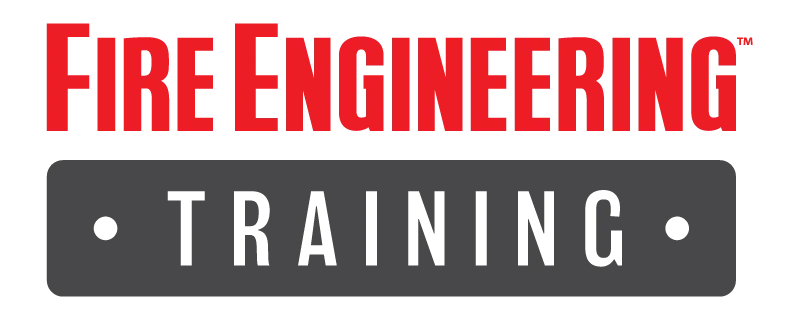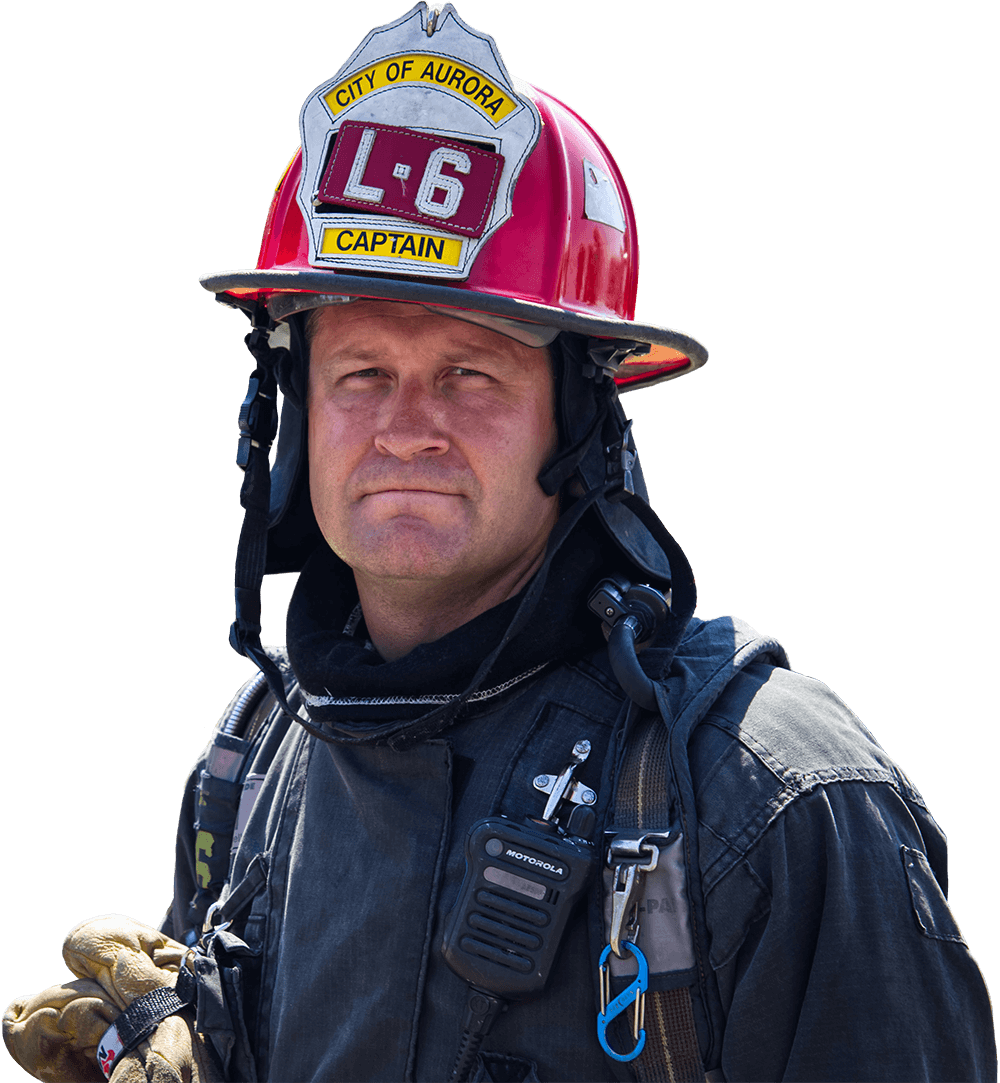When you provide first aid, it is important that you help both the victim and yourself. Take this course to find out how to avoid legal liability, prevent disease transmission and determine how and when to move victims. This course will remind you how to assess the scene and the victim as well as how to recognize cardiac incidents, perform CPR, treat choking and put victims in the recovery position. This course will also discuss bleeding control, shock and anaphylaxis, burns and electrical shock, sudden illnesses, as well as poisonings and bites. Additionally, this course will also refresh your memory for initial treatment of brain, spine, chest, abdominal, and pelvic injuries as well as bone, joint, and muscle injuries. Lastly, this course will discuss cold and heat emergencies.
Course Type: Full-length Course
Course Duration: 120 min
As a first responder, you may encounter varying types of bloodborne and airborne pathogens. It is necessary to be prepared for these circumstances so that you are better equipped to protect yourself and others and help to stop the spread of potentially dangerous pathogens. This course will discuss bloodborne and airborne pathogens, including the use of personal protective equipment and controlling exposure.
Course Type: Full-length Course
Course Duration: 60 min
Many people think of a confined space as a small, dark space like a closet or crawl space. Confined spaces include much more than just tight spaces with limited light. They have shared characteristics that you can use to better identify them. If one of your co-workers passed out in a confined space, would you go in to rescue him? Can you be sure the air in the space is safe? This training will help you understand the risks associated with confined spaces and the procedures your employer has in place to protect you and those around you. Do not take this information lightly as it can make the difference between life and death!
Course Type: Full-length Course
Course Duration: 60 min
Most vehicle accidents are actually the result of human error. If an error is made at the wrong moment, an accident or collision will result. A consistent, defensive approach to driving is the best way to reduce the likelihood of driver error. The goal of this course is to provide drivers of large vehicles with the knowledge and safe driving techniques they need to prevent collisions and violations. A split-second decision can change your life, especially when you are behind the wheel of a fast-moving, heavy vehicle. This course will also discuss distracted driving, changing lanes safely, speed effects on stopping distance, tailgating, and extreme driving conditions (such as rain, snow, ice, fog, or extremely hot or cold weather).
Course Type: Full-length Course
Course Duration: 120 min
Substance abuse causes harm to more people than just the abuser. Are the effects of cannabis different than other controlled substances? What do I need to know about cannabis as it relates to workplace safety? This course teaches workers what substance abuse is and it outlines the costs of substance abuse to employers and co-workers. It also provides facts about commonly abused substances and how to reduce the risks of substance abuse. This course will also discuss the properties of cannabis, its effects, potential consequences of working while impaired and strategies you can use at your workplace to keep everyone safe. This course is ideal for all learners.
Course Type: Full-length Course
Course Duration: 90 min
Fires, severe weather, medical emergencies, chemical releases, bomb threats and other hazardous situations can threaten life and limb. Precautions reduce the number of injuries and deaths attributable to these threats. This course will focus on two important aspects of this effort: egress and emergency action plans.
Course Type: Full-length Course
Course Duration: 30 min
Electrical standards do not just help you comply with the law, they keep you safe! You are already familiar with electrical terms and hazards. Take this course to learn about NFPA 70E and what it means for you. Stay compliant and stay safe! This course explains how and why electricity is dangerous so that employees may recognize when hazards are present as well as how to troubleshoot electrical hazard issues.
Course Type: Full-length Course
Course Duration: 75 min
Each year, many workers are hurt or killed as a result of falls in the workplace. Falls are usually complex events that involve a variety of factors. For that reason, the OSHA fall protection standard deals with both human- and equipment-related issues for protecting workers from fall hazards. This training will cover systems and procedures designed to prevent falls off, onto or through working levels and to protect workers from being struck by falling objects.
Course Type: Full-length Course
Course Duration: 60 min
Most of us use tools in our daily work. But do you realize how dangerous tools can be if they are not handled correctly? This training focuses on the importance of hand and power tool safety, the hazards that can lead to injuries and deaths, and the precautions needed to work safely with these tools.
Course Type: Full-length Course
Course Duration: 30 min
Hazards are present in many aspects of EMS. When you�re focusing on the patient, it can be difficult to think of some of the smaller or unseen dangers to first responders. This course will discuss what EMS providers can do to identify symptoms and protect themselves from infectious and communicable diseases such as hepatitis, HIV, tuberculosis, influenza, norovirus, and coronaviruses.
Course Type: Full-Length Course
Course Duration: 60 min
Personal protective equipment (PPE) is a firefighter’s first, but not last, line of defense. In this module, you’ll learn about the different types and limitations of each PPE as well as how to inspect and maintain PPE. Content in this module is aligned with the NFPA 1001 Standards for Fire Fighter Professional Qualifications, Fire Fighter I: 4.3.2 and 4.5.1, “Fireground Operations” and Fire Fighter II: 5.5.4, “Fire and Life Safety Initiatives, Preparedness and Maintenance.”
Course Type: Full-length Course
Course Duration: 60 min
This course consists of a 10-part training suite on personal protective equipment (PPE). In this course, you will learn about PPE standards outlined by OSHA and how employers determine PPE requirements. Topics discussed include PPE measures to protect the head, eye, face, hand, arm, body, foot, and leg. This course will also include hearing protection methods and respirator use to protect against inhalation hazards. This course will also include PPE recommendations to protect against electrical hazards and how to select appropriate PPE to provide adequate protection.
Course Type: Full-length Course
Course Duration: 90 min




